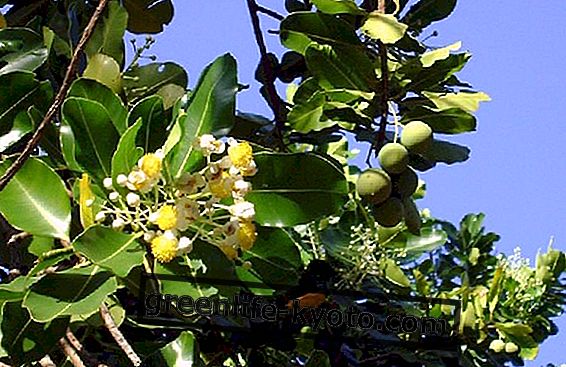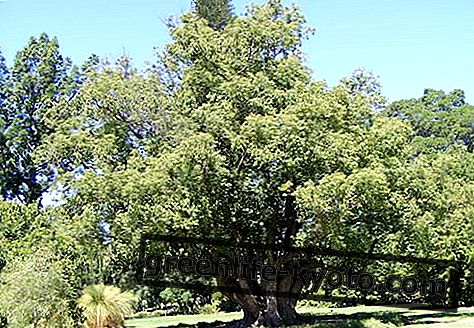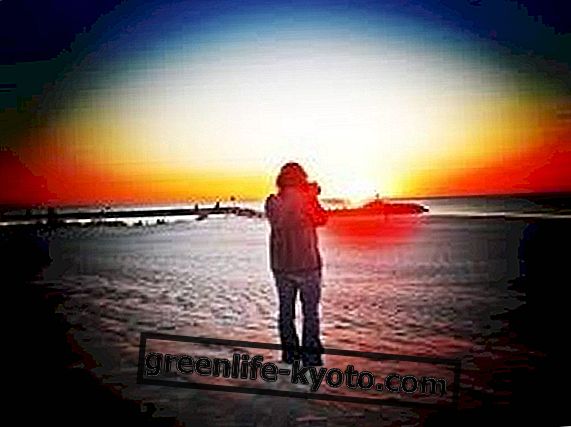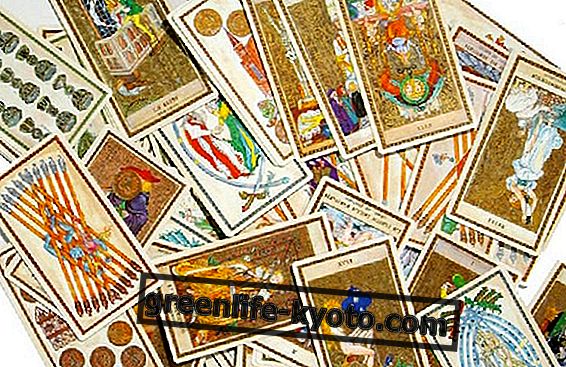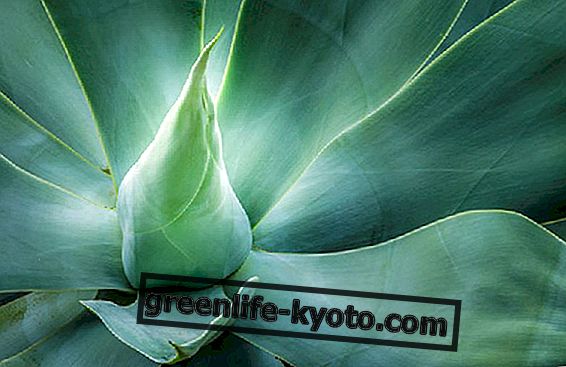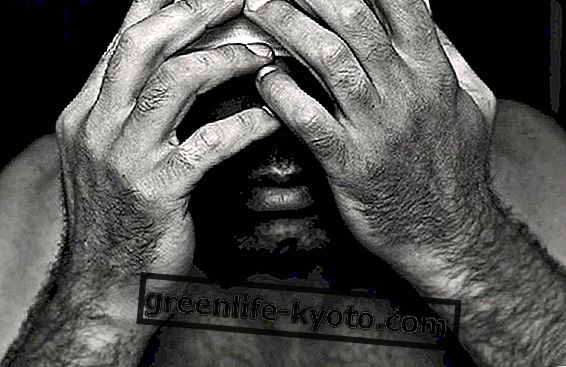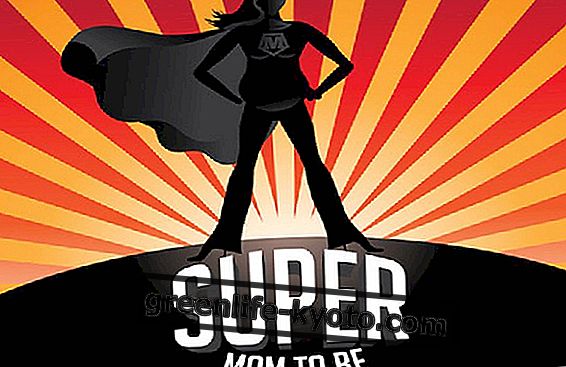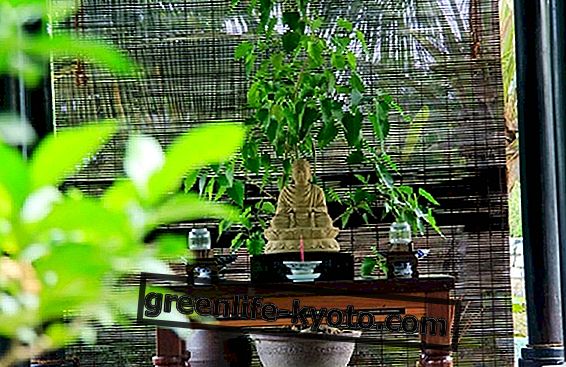
Gloria Germani on the phone has a serene and harmonious voice, a ringing laugh. Speaking with her, one feels the ardor and the spark that the encounter between cultures generates. A bit like imagining a fantastic banquet in which two beautiful women, Western and Eastern philosophy, feast together; one speaks and wants to mean, the other indicates and knows how to reveal.
And right there, at that point where the meeting is possible, desirable and fertile is the research and movement of Paola Germani, philosopher, with a profound knowledge of both Western and Eastern philosophy (University of Florence and Pisa).
For years Gloria has been dealing with intercultural dialogue as a privileged way to create a cultural revolution. He traveled several times in India and from these experiences the volume was born: Teresa of Calcutta: a mystic between East and West. His thoughts on India and Gandhi (Paoline 2003) with a preface by Tiziano Terzani.
In 2009, Tutto è Uno (The Letters) and Tiziano Terzani were released: The Revolution Within Us, Degrowth, Fasting, Non-Violence, (Tea) the first and only intellectual biography of the great journalist-explorer. She is an activist of the Italian Movement for Deep Ecology and Happy Degrowth.
Gloria will be present at the Aurora Festival , when at the Library of the Conservatory, Pienza (SI), at 4.30pm - 5.30pm on Saturday 5 July, she will present the film "The Economy of Happiness" by Helena Norberg-Hodge, Steven Gorelick & Jhon Page .
The Festival of Nature and Spirit, held in Monticchiello and Pienza, already at its third edition, never ceases to intrigue us and surprise us; we had all the signs already from the interview we did at Bebetta Campeti, creator of the festival, in 2012.
This year the festival will take place on the 4th, 5th and 6th of July and the themes touched will be connected with spiritual ecology, eco-pedagogy, eco-narration, biodiversity and biodynamics, degrowth, herbal medicine, yoga and breath, birth without trauma, connections between the feminine and the cycle of life.
This year the speakers of the Aurora Festival will be figures of enlightened and precious presence in this world as in the case of the Indian scientist and environmentalist Vandana Shiva, the French economist Serge Latouche, the Swedish shaman Jonathan Horwitz, Maurizio Pallante of the Movement for Degrowth Felice, Duccio Demetrio of the University of Autobiography.
There will be two lively and pulsating places: the historic center of Pienza for conferences and debates, the ancient Podere Isabella in the Monticchiello countryside for practices, laboratories and consultations.
This time with Gloria Germani we talked about possible changes, meaning, inner research, sharing and not only in line with a revolution of a collective nature like the one strongly requested and desired by Tiziano Terzani, on which the author has already written and will return to write in the near future.
Tell us a little about the film you will be presenting at the Aurora festival, "The economics of happiness" by Helena Norberg-Hodge?
I will talk about this film that I distribute in Italy, a film by a great woman of which Tiziano was very enthusiastic, he had read his books and followed his adventures at a distance and I met him thanks to the son of Tiziano, Folco.
We are talking about a truly extraordinary woman, founder and director of ISEC ( International Society for Ecology and Culture ). A linguist who among her teachers has also had Noam Chomsky, a fantastic woman who speaks at least 7 languages fluently, including that of Ladakh, the Indian part of Tibet that the Chinese have not destroyed.
Helena goes to those places, comes into contact with these populations characterized by an incredible ecological sense, combined with an extreme care for human relationships; he becomes an activist, an ecologist and realizes this cinematic "pearl" made of authentic looks scattered around the world that start from the freshness of the 'little Tibet', one of the highest and most inhabited regions of the Himalayas, and reach the confusion of the great American metropolis, triumph of a sick globalization. Indeed, I am very proud to present the Italian edition of this precious film.
Let's talk about the book on Tiziano Terzani and the title that refers to "The revolution within us". How come revolution and not transformation?
I wanted to refer to the words of Titian himself: it is a term he uses and I wanted to emphasize because the change he invokes has a collective value, not an individual one.
In this sense, the word "revolution" maintains an important social nuance. Alongside his path related to the disease, there was all his commitment to the wars in Afghanistan, in Iraq and his strong push towards a return to a more natural lifestyle, to a well-being less tied to material and technological development and closer to conviviality, sharing, frugal abundance.
Tiziano Terzani spent 3 months in southern India as a humble disciple of Swami Dayananda, who welcomed him as his student after reading his sky chart. Do you think that today for young people, for those who are in search, the curious, the creative or those who believe in another possible world, the experience of a trip to the East is necessary or you can search for your own inner resources?
Tiziano thought there was no need to go to India and used an effective metaphor: the water is always the same and you can drink anyway. For me there is a need to go to the East; I studied Western philosophy and my first trips to the East really helped me to get in deep contact with an extremely different kind of representation of the world.
Now I have been studying oriental philosophy for 25 years and traveling to the east as soon as I can, I now have contacts, friendships.
I believe that at a time like this in which the mass media are ever stronger - I am referring to the "consensus factory", in the words of Noam Chomsky - and we pay the consequences of a single vision of the world, here, right at this stage a contact with the East could be useful and stimulating, especially for young people.
I also recommend it from a cultural point of view; in fact the East does not study itself in the scholastic field and I myself obtained my degree in philosophy without getting in the least contact with Eastern philosophy by virtue of a thought pattern based on a Hegelian model that sees no other philosophy than the Greeks.
Read also the article on the link between Eastern spirituality and science
Terzani wanted to be a journalist to find a way of life that made more sense. Did you write this book with the same intent? Is there an urgency?
The same urgency, yes, and because of an inner need of mine . Tiziano has come to journalism because he is looking for a different way of living and sharing.
In '58, when he was a student in Pisa, it was clear to him that in the West there was nothing that attracted him and it was then that he fell in love with Maoism, began to study the language and travel.
In journalism he saw the possibility of being a witness to a healthier life for all, of a human realization that went beyond mere matter and monetary gain .
He left journalism a year before he discovered he had cancer for a reason that was independent of the disease: as he writes in his latest books, by dint of digging in the facts one understands that they hide the truth, that there is something that goes beyond beyond journalism itself and modernity, affirmation and success at all costs.
Did you talk to Terzani a lot - with the idea of him, the way he lives in your soul - while you were writing this book?
And how, and I'll tell you more, we'll talk again. My other two books will come out of him. He also appeared to me in a dream. I don't know how I can explain to you, I think this man was really a lighthouse and a lot has been said about him but not enough, there is still a lot to convey.
